Unlocking the potential of preschool learners requires innovative strategies that captivate their natural curiosity and enthusiasm for discovery. Early engagement is crucial for laying a strong foundation for future academic success and personal growth. Creating an interactive learning environment, incorporating play-based activities, and developing individualized learning plans are key elements in fostering a dynamic classroom. Social skills can be nurtured through group activities, while technology offers new avenues for exploration. Parental involvement enhances the learning experience, and integrating creative arts makes education more enjoyable. Effective assessment strategies ensure that learning objectives are met, providing valuable insights into each child’s progress.
Join gameshoek.com for an in-depth exploration of this topic.
1. Why Early Engagement Matters
Early engagement in preschool education is vital for a child’s cognitive, emotional, and social development. During these formative years, children’s brains are highly receptive to new information and experiences. Engaging them early sets the stage for lifelong learning and curiosity. Research shows that children who are actively involved in their learning process from a young age develop better problem-solving skills, higher self-esteem, and a more positive attitude toward school.
Early engagement also helps in identifying and addressing learning difficulties sooner, providing timely interventions that can significantly impact a child’s academic trajectory. By fostering a love for learning early on, educators can create a strong foundation for future educational success. Interactive activities, playful learning environments, and personalized learning plans are essential tools for capturing young learners’ attention and enthusiasm. These strategies not only make learning enjoyable but also promote critical thinking and social skills. Ultimately, early engagement matters because it shapes the attitudes and abilities that children carry with them throughout their academic and personal lives.
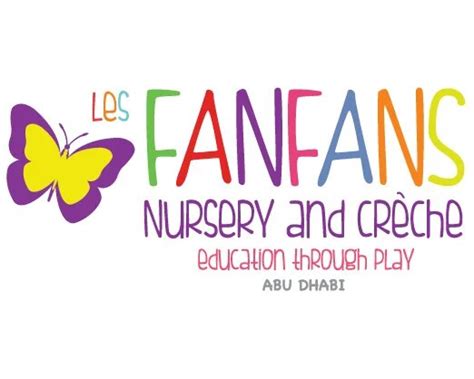
2. How to Create an Interactive Learning Environment
Creating an interactive learning environment in preschool is essential for keeping young learners engaged and enthusiastic about their education. An effective interactive classroom fosters active participation, collaboration, and hands-on experiences. One key strategy is to design the physical space to be inviting and stimulating, with various learning stations that encourage exploration and movement. These stations can include areas for arts and crafts, reading, sensory play, and building.
Incorporating a variety of teaching methods is also crucial. Teachers should use a mix of group activities, individual tasks, and interactive storytelling to cater to different learning styles. Utilizing open-ended questions and encouraging discussions help children develop critical thinking skills and express their ideas.
Integrating technology thoughtfully can enhance the interactive experience. Educational apps and interactive whiteboards can make learning more dynamic and engaging. However, balancing screen time with other activities is important to ensure holistic development.
Another vital aspect is creating a positive and supportive atmosphere. Celebrating achievements, providing constructive feedback, and fostering a sense of community within the classroom help build confidence and motivation. By implementing these strategies, educators can create a vibrant, interactive learning environment that nurtures young children’s curiosity and love for learning.
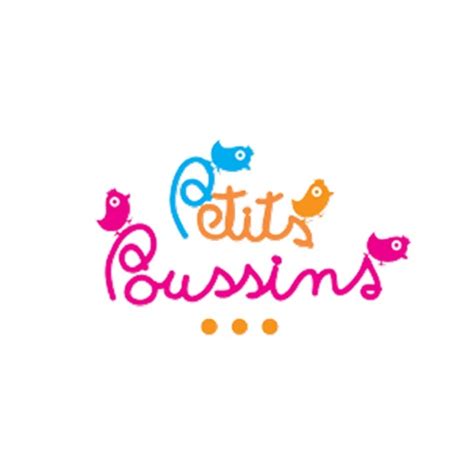
3. What Makes Play-Based Learning Effective
Play-based learning is a cornerstone of early childhood education, harnessing the natural inclination of children to explore and discover through play. This approach is highly effective because it integrates learning with activities that children find enjoyable and engaging. Play-based learning supports cognitive, social, emotional, and physical development, making it a holistic educational strategy.
One of the primary reasons play-based learning is effective is that it allows children to learn at their own pace. Through play, children can explore new concepts, test hypotheses, and develop problem-solving skills in a low-pressure environment. This autonomy fosters a sense of independence and confidence, which is crucial for lifelong learning.
Social skills are also enhanced through play-based learning. Group activities and cooperative play teach children how to communicate, share, and work together towards a common goal. These interactions help develop empathy, negotiation skills, and the ability to understand different perspectives.
Furthermore, play-based learning makes abstract concepts more concrete. For example, building blocks can teach principles of mathematics and physics, while role-playing games can develop language and social skills. This hands-on approach ensures that children grasp fundamental concepts in a memorable and meaningful way.
Lastly, play-based learning is highly adaptable. Educators can tailor activities to match the interests and developmental stages of individual children, ensuring that each child remains engaged and motivated. By making learning fun and relevant, play-based learning fosters a positive attitude towards education that can last a lifetime.

4. Why Individualized Learning Plans Work
Individualized learning plans (ILPs) are a powerful tool in early childhood education, providing tailored educational experiences that meet the unique needs of each child. These plans are effective because they recognize that every child learns differently and at their own pace. By catering to individual strengths, interests, and developmental stages, ILPs foster a more personalized and engaging learning experience.
One key benefit of ILPs is that they allow educators to identify and address specific learning needs and challenges early on. Customized goals and strategies can be developed to support children who may need additional help or to further challenge those who are excelling. This targeted approach ensures that all children receive the support they need to succeed.
ILPs also promote a child’s autonomy and motivation. When learning activities are aligned with their interests and abilities, children are more likely to be engaged and enthusiastic about their education. This personalized approach helps build confidence and encourages a positive attitude towards learning.
Moreover, ILPs involve ongoing assessment and adjustment, allowing educators to continually refine their teaching methods based on each child’s progress. This dynamic process ensures that the learning experience remains relevant and effective, ultimately leading to better educational outcomes and a more supportive and nurturing learning environment for young learners.
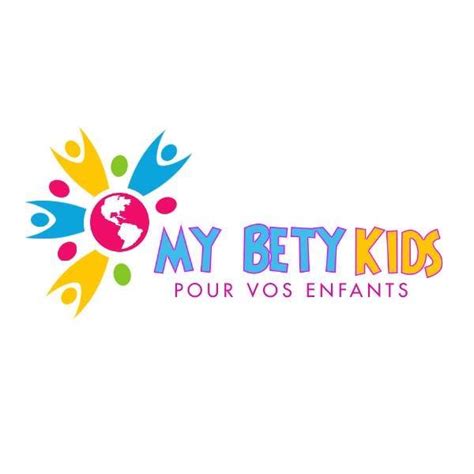
5. How to Foster Social Skills Through Group Activities
Fostering social skills through group activities is essential in preschool education, as it helps children develop the ability to interact positively with others. Group activities provide a structured yet flexible environment where children can learn crucial social behaviors such as sharing, cooperation, and empathy.
One effective strategy is to incorporate collaborative projects that require children to work together towards a common goal. Activities like building a group mural, creating a class garden, or participating in team-based games encourage communication and teamwork. These projects help children understand the value of collective effort and develop skills in negotiation and conflict resolution.
Role-playing and pretend play are also valuable tools for social skill development. By engaging in scenarios such as playing house, running a pretend store, or acting out stories, children practice perspective-taking and empathy. They learn to navigate social roles and understand the feelings and viewpoints of others.
Circle time is another effective method for fostering social skills. During circle time, children can share their thoughts and experiences, listen to their peers, and engage in group discussions. This structured interaction promotes active listening, turn-taking, and respectful communication.
Finally, educators should model positive social behaviors and provide guidance as needed. By creating a supportive and inclusive environment, teachers can help children feel secure and confident in their social interactions, laying the foundation for strong interpersonal skills.
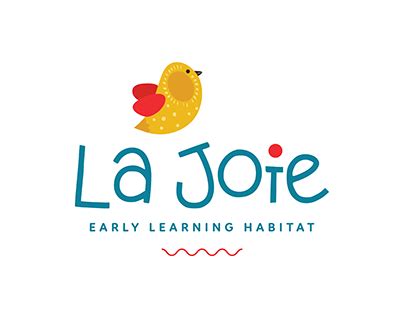
6. What Role Technology Plays in Preschool Learning
Technology plays a significant role in preschool learning by enhancing educational experiences and making learning more engaging and interactive. Digital tools such as educational apps, interactive whiteboards, and tablets offer diverse and dynamic ways to introduce concepts to young learners. These technologies can support various learning styles, making education more accessible and personalized.
For instance, educational apps can reinforce literacy and numeracy skills through fun, interactive games that adapt to each child’s skill level. Interactive whiteboards can facilitate group learning and collaborative activities, making lessons more visually appealing and engaging.
Moreover, technology helps prepare children for a future where digital literacy is essential. By integrating technology into the classroom, educators can introduce basic tech skills in a developmentally appropriate manner.
However, it is crucial to balance screen time with other hands-on, physical activities to ensure holistic development. When used thoughtfully, technology can be a powerful tool in creating a rich, multifaceted learning environment for preschoolers.

7. Why Parental Involvement is Crucial
Parental involvement is crucial in preschool education as it significantly enhances a child’s learning experience and overall development. When parents actively participate in their child’s education, they reinforce the concepts learned in the classroom and support their child’s academic and emotional growth.
Engaged parents help create a bridge between home and school, ensuring consistency in learning and behavioral expectations. They can provide valuable insights into their child’s interests, strengths, and areas where additional support might be needed, allowing educators to tailor their approaches more effectively.
Involvement also strengthens the parent-child relationship, fostering a positive attitude towards learning. Parents who take an active role in their child’s education, whether through helping with homework, attending school events, or participating in classroom activities, model the importance of education and commitment.
Moreover, parental engagement can improve social skills and confidence in children. When parents show interest and enthusiasm for school activities, children are more likely to be motivated and excited about their learning experiences. Collaborative efforts between parents and teachers create a supportive environment that helps children thrive academically and socially, laying a strong foundation for future success.
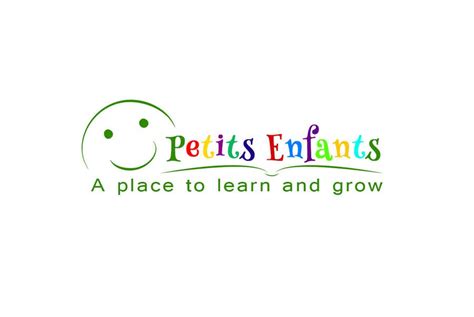
8. How to Incorporate Creative Arts in Learning
Incorporating creative arts into preschool learning enriches the educational experience by engaging children in imaginative and expressive activities that enhance their cognitive, emotional, and social development. Creative arts, including visual arts, music, dance, and drama, provide a dynamic way to teach concepts and skills while nurturing creativity and self-expression.
One effective approach is to integrate art projects into lessons, allowing children to explore concepts through drawing, painting, and crafting. For example, creating art related to a storybook can deepen comprehension and make the story more memorable. Similarly, incorporating music and movement into daily routines helps reinforce learning while developing rhythm, coordination, and motor skills.
Drama activities, such as role-playing and storytelling, encourage children to use their imagination and practice language skills. These activities also promote empathy and social understanding as children act out different scenarios and perspectives.
Encouraging children to express themselves through creative arts allows them to develop problem-solving skills and boosts their confidence. By incorporating creative arts into the curriculum, educators can create a vibrant and engaging learning environment that supports holistic development and fosters a lifelong appreciation for the arts.
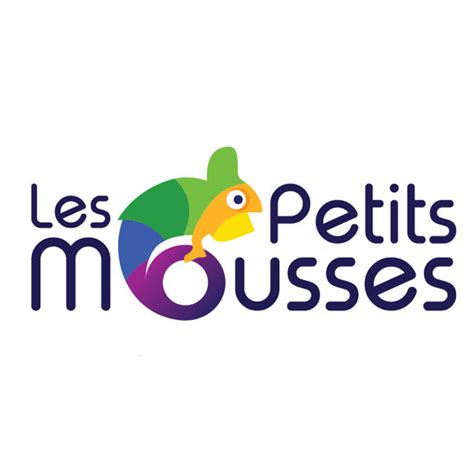
9. What Assessment Strategies Enhance Learning
Effective assessment strategies in preschool education are crucial for enhancing learning and ensuring that each child’s needs are met. One key strategy is observational assessment, where teachers systematically observe and document children’s behavior and interactions during various activities. This approach provides insights into their developmental progress, social skills, and learning styles without interrupting their natural play.
Formative assessments, such as informal quizzes, interactive activities, and one-on-one discussions, can help gauge understanding and guide instructional adjustments. These assessments offer immediate feedback, allowing educators to address any learning gaps or reinforce concepts in real-time.
Portfolio assessments, which involve collecting samples of a child’s work over time, provide a comprehensive view of their development and achievements. Portfolios can include drawings, writings, and records of their participation in projects, offering a tangible representation of their progress.
Additionally, involving children in self-assessment helps develop their reflective skills and personal responsibility. Encouraging them to set learning goals and evaluate their own progress fosters a sense of ownership and motivation.
By using a combination of these strategies, educators can create a well-rounded assessment approach that supports continuous improvement and caters to the diverse needs of preschool learners.
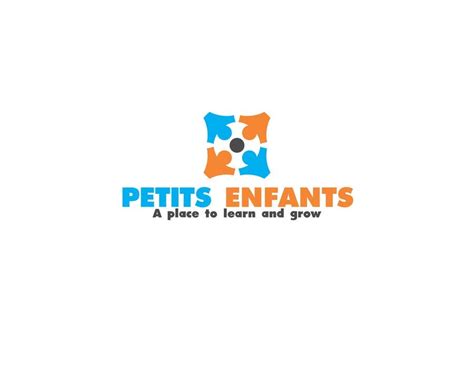
Incorporating innovative strategies such as early engagement, interactive environments, play-based learning, and individualized plans creates a vibrant and effective preschool experience. By fostering social skills through group activities, thoughtfully integrating technology, and involving parents, educators can significantly enhance young learners’ development. Creative arts and diverse assessment strategies further enrich the learning process, making education both enjoyable and impactful. Together, these approaches ensure that preschoolers are motivated, engaged, and well-prepared for future academic and personal success. A dynamic and supportive learning environment lays the foundation for a lifelong love of learning.
gameshoek.com
